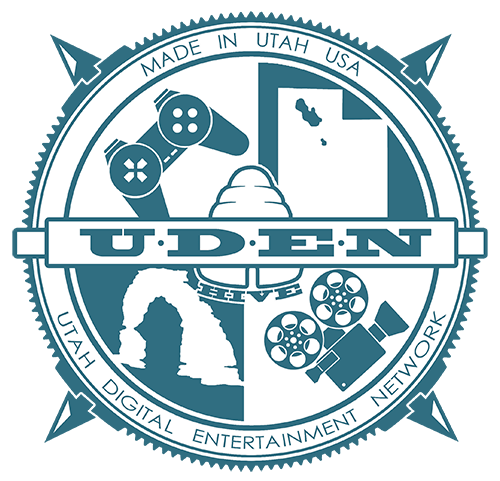Because I Love It
By Stephen Larsen
Earlier this year I had the opportunity to attend the Game Developer's Conference. I remember the cool weather walking across the street from Check-In to the main entrance to the Moscone Center. I walked insider and felt a rush of inexplicable wonder and belonging. I needed to be here. I belonged here.
The previous months up until that point were a little rough for me. I was dealing with a bitter loss and felt numb for months. I struggled to get up in the morning and get to work. I didn't feel like myself. I felt like I lost my sense of oneness with myself. The only time I ever felt like myself was when I was contributing to the video game project I was working on. Even then, my heart wasn't completely in it.
GDC changed that.
After GDC, I worked on my game because I loved doing it. It wasn't because I was afraid of what would happen if I didn't work. It was because game development is my calling. It was because this is a job I would do for free. My work improved and I felt like I learned more. Whatever anxiety I had about deadlines and milestones was put aside.
That's not to say they're not important. Deadlines and milestones are very important to my work. They are like goals for me to stretch myself in my talents. Deadlines are not a problem. The anxiety I will feel with them can be. A little anxiety and pressure is natural. When anxiety becomes a problem is when it takes away from the love of the work. If I don’t love making games I’m not doing my job right.
So how do we preserve our love for our work while being under pressure? I don’t know. That said, here are some ideas that have worked for me.
1. Attend conferences/meet-ups for fellow professionals.
GDC helped me a ton, right? So did going to the last UDEN meeting. It was like a mini GDC to pump me up for my current project at the time. Donald Mustard’s Q&A was inspiring but so was just being there. With UDEN, the Utah Games Guild, the Utah Unity User Group, and the Salt Lake City Chapter of IGDA we have a ton of opportunities to network and give ourselves the inspiration when feeling worn out. I could have justified staying at home thinking, “Oh, I need to work on my project.” I didn’t. I’m glad I decided to go to the meeting. Though it was a sacrifice of time it was well worth it.
2. Mentor an aspiring professional/Seek a mentor.
When my friend Glen was experiencing self-doubt I encouraged him. He’s been someone I’ve mentored by teaching him drawing techniques, help with coding, and offered general feedback. By so doing I would find the inspiration and passion I would sometimes forget I had. Not only did I re-ignite my fire but I also learned by teaching. My understanding of principles and skills increased by mentoring and teaching.
Glen also told me that he needed that encouragement from me to keep going. I’ve found that when I’ve reached out to a mentor and sought advice I would be able to refocus and regain purpose. Mentoring is a win-win for both parties. It helps both to grow, learn and create.
3. Read books and watch talks.
Right now I’m reading a book called “Masters of Doom.” It tells the story of John Romero and John Carmack, how they created ID Software and made an impact on the video game industry. The book has been really inspiring to me. I can read a chapter or two and feel excited to work. I feel the same way when I watch panels from the GDC vault, listen to podcasts, read Gamasutra blog posts and watch relevant YouTube videos like Extra Credits. (Or Every Frame a Painting for my filmmaker readers.) Doing this regularly has helped me be consistently passionate and positive.
4. Play Games (Watch Movies)
Crazy, right? We spend so much time making games we forget to play and enjoy them. Enjoying the work of a fellow professional can be just the inspiration you need to fall in love with your work all over again. I find this is especially helpful if I know the history or an analysis of whatever game I am playing. Playing Super Meat Boy after watching Indie Game: the Movie doubles the fuel to my I-love-making-video-games fire. Anyone familiar with Jane McGongial’s TED talks knows how helpful playing a game can be to our problem solving and mental health. Giving ourselves a needed break helps our work.
At the end of the day, I ask myself why I do what I do. I could easily make more money and find more jobs as a graphic designer. I could have chosen “safe” career paths in engineering or computer science. I’m certainly not in the game design industry for money. I do it because I need to--but not out of fear. I do it because I find purpose in it. Ultimately, I do it because I love it.
